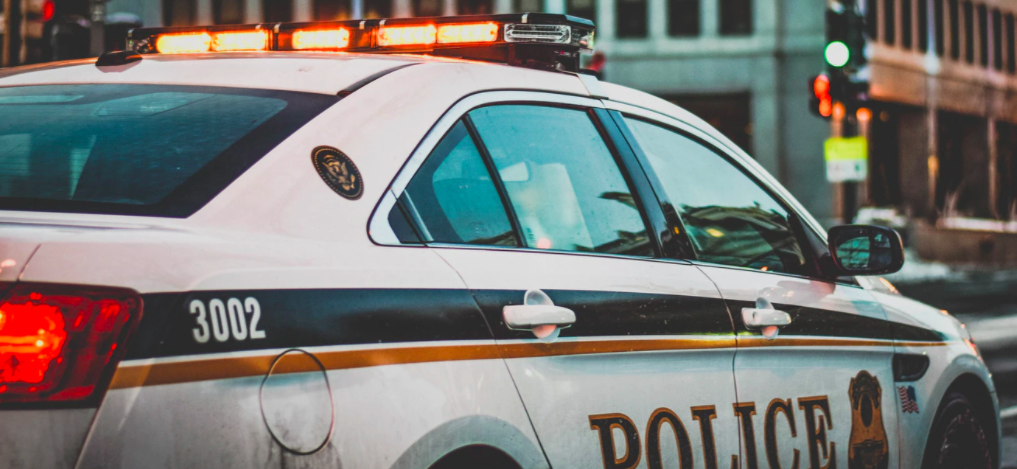As the COVID-19 pandemic continues to near its peak in the United States, nearly all facets of society have been left reeling in its wake — from the medical field to the live music industry. Perhaps the scariest part of the pandemic has been an almost unprecedented sense of imbalance, with crucial services being left increasingly astray when we need them most.
Security and law enforcement personnel fall into this latter field of professionals, as they represent a resource that must always be there in times of trouble. Even as the pandemic grows, security and law enforcement remain two of the most prevalent industries in the country, as their contributions have, arguably, never been more warranted amidst a surging lack of order brought by the uncertainty of the crisis and an irresponsible approach to ensuring order by many local political leaders.
Upholding a new norm
Since the coronavirus spread to the United States, our collective sense of normalcy has been altered in a variety of ways, and this has reshaped what it means to be safe and compliant as we fight to flatten the virus’s curve. For security and law enforcement personnel, these changes have also shifted perspectives on upholding new virus-related policies, from mandated shelter-in-place orders to crowd disbursement protocol emphasizing social distancing. In many states, these policies have changed by the week to remain both preemptive and reactionary to ongoing virus trends. Security and law enforcement must remain fluid as the target moves, upholding stability and enforcing key changes wherever possible.
Fighting an external and internal battle
Subsequently, the COVID-19 pandemic has created a list of potential internal challenges for security providers and law enforcement agencies. The virus’s now widespread nature has placed officers from both fields in the unfortunate position where they encounter infected individuals, creating the need for personal response plans and enhanced health and safety protocol. Officers have no choice but to remain steadfast to their duties in face of crisis, as this remains a critical part of the job. However, given the threat of transmission to family members young and old, it is understandable for these officers to feel considerable stress from factors outside of work; this is a unique challenge that warrants unique treatment, and each agency will likely feel its impact to some degree.
What is heartbreaking to see is the toll the virus is taking on our first responder community. Law enforcement veterans in California, Detroit, New York, Philadelphia and other municipalities have all seen line-of-duty fatalities from officers being exposed to Coronavirus. This serves as a stark reminder that while the nation is ordered to ‘stay home and stay safe’, first responders like police, fire, healthcare and security have no choice but to continue to work as normal. This crisis begs the question as to not only the business and nonprofit’s responsibility for emergency and continuity planning; but if/how security companies and public safety agencies are as well.
With the Detroit Police Department being one of the hardest hit police agencies in America from COVID-19, the issue of their consistent understaffing and resources comes into question. If your security company or public safety agency is managed on a ‘shoestring’ that plans for regular day-to-day operations with no rear echelon to support those who have to leave the front line to recover; you’re simply unprepared to deal with a situation like this Coronavirus outbreak. In studying manpower constraints in law enforcement, those budgeting for urban law enforcement would see that this ethos has also proven evident in looking at the New Orleans Police after Hurricane Katrina, the DC Metropolitan Police following the 9-11 attacks and regional sniper attacks of 2002.
Mutually, these broad challenges have tested our country’s security personnel and law enforcement in many ways, and when the pandemic is eventually resolved by healthcare innovation, it will, ideally, allow them to shore up existing weaknesses, expand the threshold on overall emergency management protocol.
It’s also hopeful that the sacrifices made by those working through this pandemic will ultimately emphasize the security and public safety fields as the most timelessly important sectors in the country, and maybe our politicians and community leaders can start giving them the credit they deserve.
